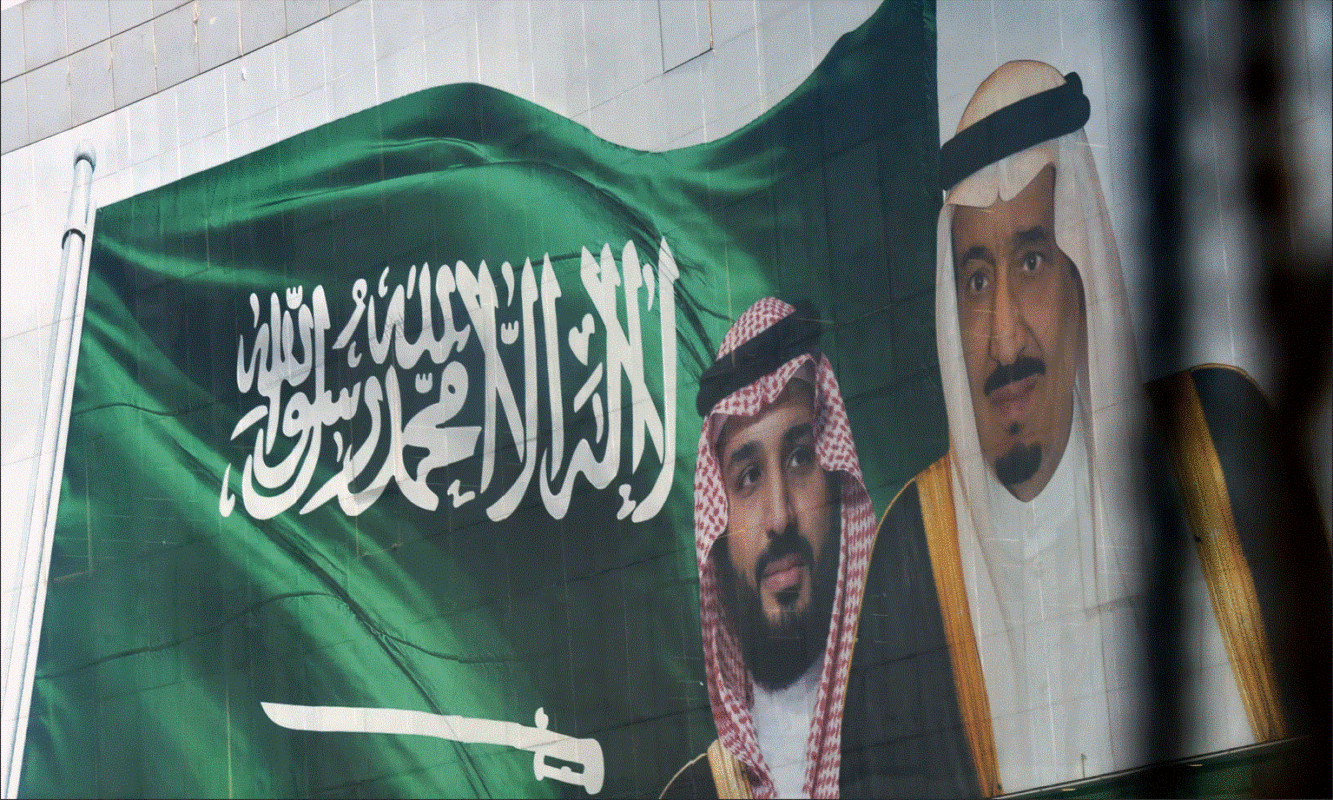Last week, the EU announced a relaxation of Schengen visa rules for the citizens of Saudi Arabia. No human rights compromises were made in exchange. Since democracy constitutes the best umbrella under which human rights can thrive, the next question follows: What is the current state of democracy in Saudi Arabia?
In its new report on Freedom in the World 2024, Freedom House (FH) confirms, one more year, that Saudi Arabia´s low performance in each dimension accounts for a fair score of 8 out of 100. In the same vein, the Varieties of Democracy (V-Dem) multidimensional approach continues to define Saudi Arabia as a “closed autocracy” in its Democracy Report 2024, indicating that the country does not hold multiparty elections for the chief executive or the legislature. Saudi Arabia´s reality, along with that of countries such as Libya, helps explain why the Middle East and North Africa (MENA) remains “the most autocratic region in the world, with 98% of its population residing in autocracies”.
Apart from the lack of free and fair elections and the restriction of all political rights and pluralism, Saudi Arabia´s absolute monarchy is characterized by several deficiencies in terms of civil liberties that the European Centre for Democracy and Human Rights (ECDHR) has largely documented.
Referring to one of the cornerstones of democracy, the individual’s ability to express freely their personal views on political or other sensitive topics has deteriorated deeply since the killing of Jamal Khashoggi in 2018 and the arrests of many prominent writers and activists, making self-censorship a pervasive practice in the country. Citizens of Saudi Arabia and Saudis living and traveling abroad are also both subjected to surveillance and spying, the latter in what could be considered a case of transnational repression. On top of that, as reported by ECDHR, the kingdom continues to engage in the forceful disappearance of activists who exercise their right to freedom of expression. Moreover, freedom of belief is severely curtailed, with the public observance of any religion other than Islam prohibited and the Shiite and Sufi Muslims´ religious practices restricted. The recent case of the 12 football fans imprisoned for peaceful Shia chants represents a clear example not just of the lack of freedom of expression and belief, but also of the recurrent use of the abusive and vaguely worded Anti-Cybercrime Law to crackdown on those liberties. According to FH, the government also heavily controls and influences the media and hampers academic freedom.
Regarding associational and organizational rights, the situation is equally dire. The government does not respect freedom of assembly – imposing at times the death penalty on those who lead or participate in public protests – discourages independent work on human rights and governance issues by denying licenses that the nongovernmental organizations need to operate, and does not guarantee freedom to form independent labor unions or engage in strikes.
The rule of law in the country is deficient, too. The judiciary is not independent and due process is flawed: defendants’ rights are not sufficiently protected by law; detainees often see their access to legal counsel denied during interrogation; and lengthy pretrial detention and detention without charge or trial are frequent. Especially preoccupying is that due process is particularly deficient in death penalty cases, despite the severity of the charges. Moreover, capital punishment is still commonly applied to a wide range of crimes that go beyond murder to include drug and protest-related offenses. Overall, in 2023 the kingdom executed 170 people. Corporal punishment, mostly flogging, is also common in criminal sentencing. On the other hand, allegations of torture and other forms of ill-treatment by police and prison officials have been recurrently expressed, being quite alarming the reliance on torture-tainted confessions as the primary basis for convictions.
Lastly, as for personal autonomy and individual rights, it is worth noting the restrictions on freedom of movement imposed on activists and critics as a way of punishment, as well as women’s suffering of burdensome constraints in the context of the male guardianship system. In addition, foreign workers – more than half of the active labor force – are subjected to economic exploitation through the abusive kafala system.
Notwithstanding all the highlighted abuses, civil society’s push for democratic change is very much alive, as the People’s Vision for Reform in Saudi Arabia, endorsed by 21 international organizations, demonstrates. However, Saudi Arabia´s significant power over world oil prices as the largest oil producer in OPEC, allowed it to strengthen its repressive system by shielding the regime from critique.
The European Union, as a supposed defender of human rights around the world, should link any tie to the kingdom to this endeavor.





